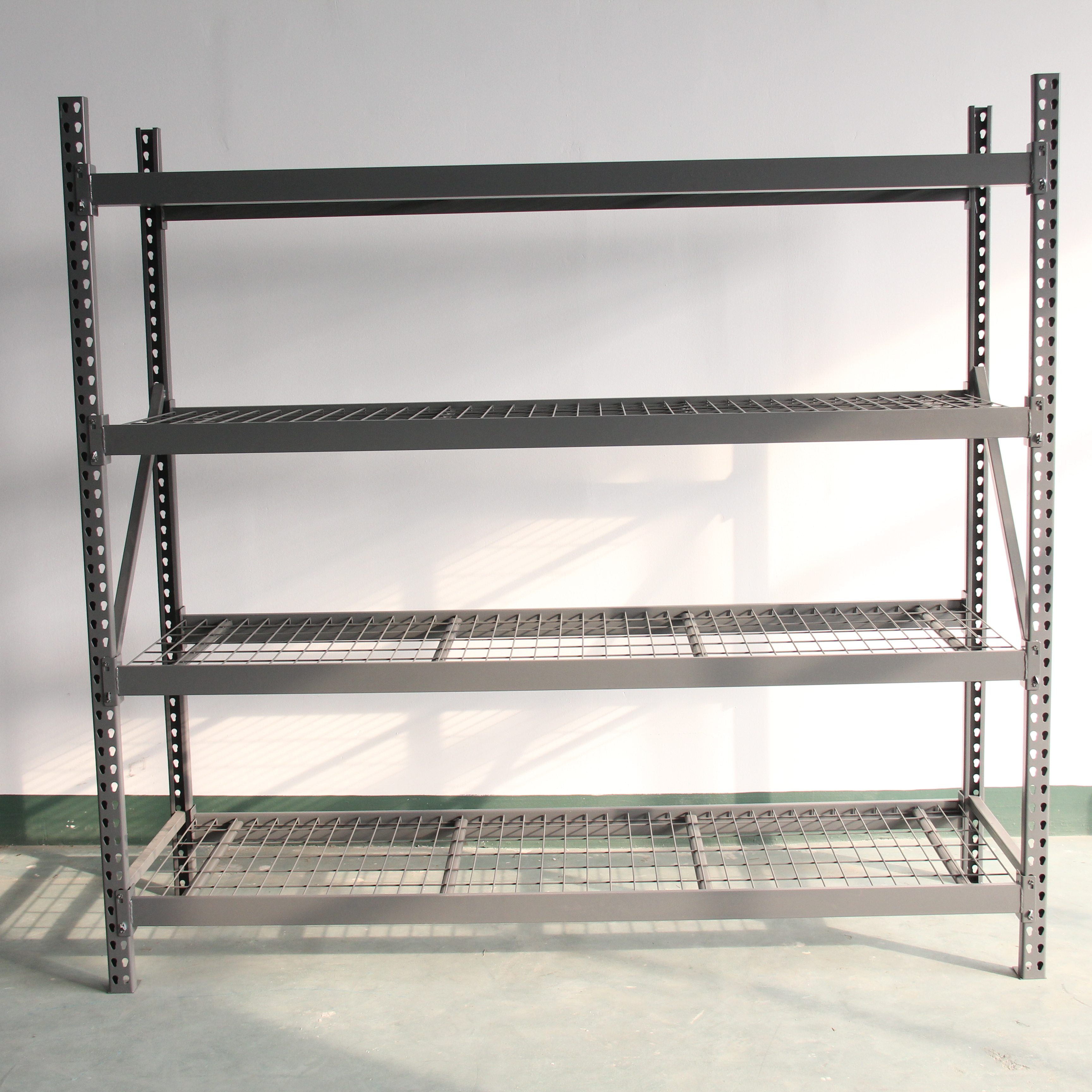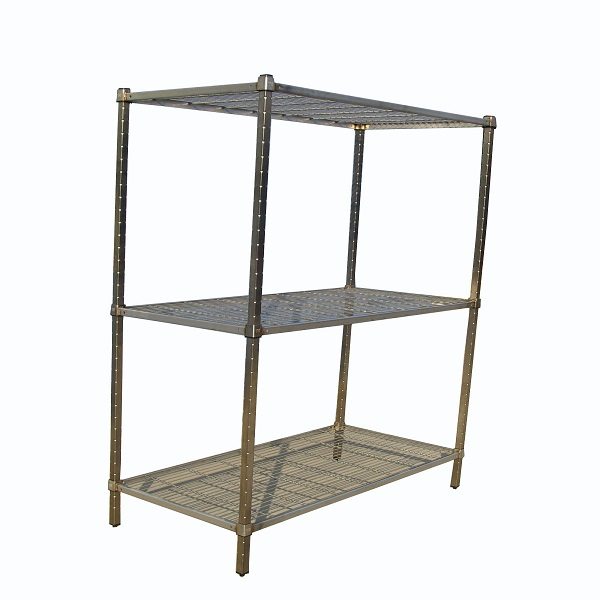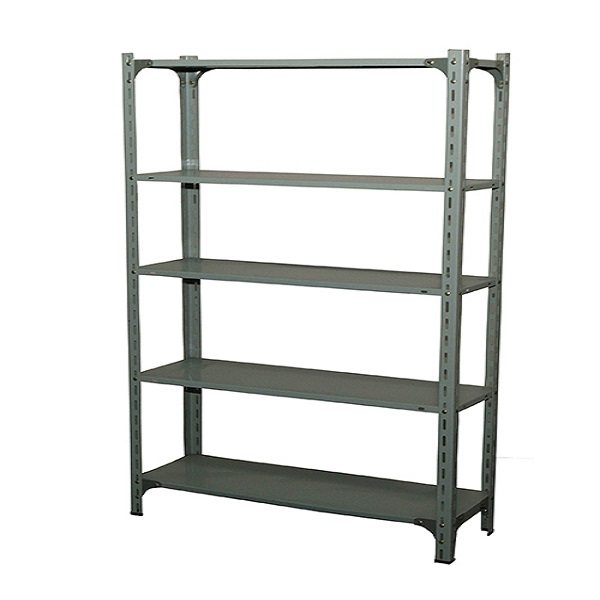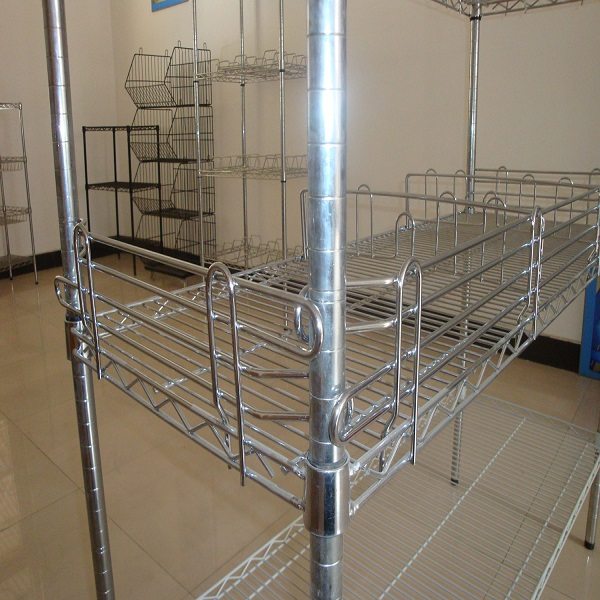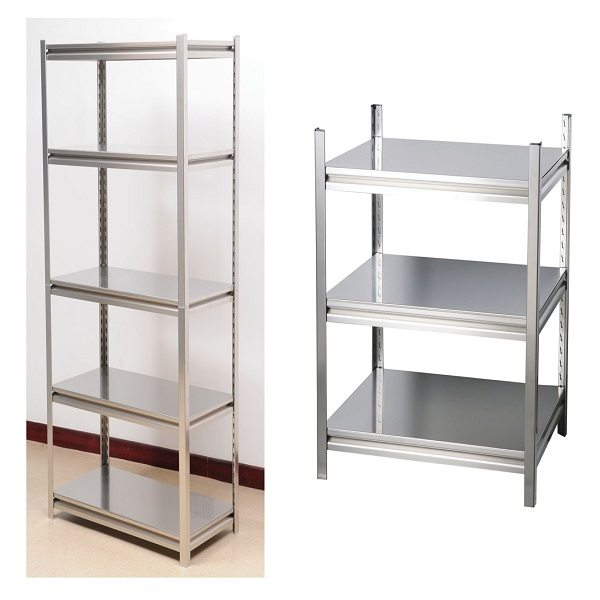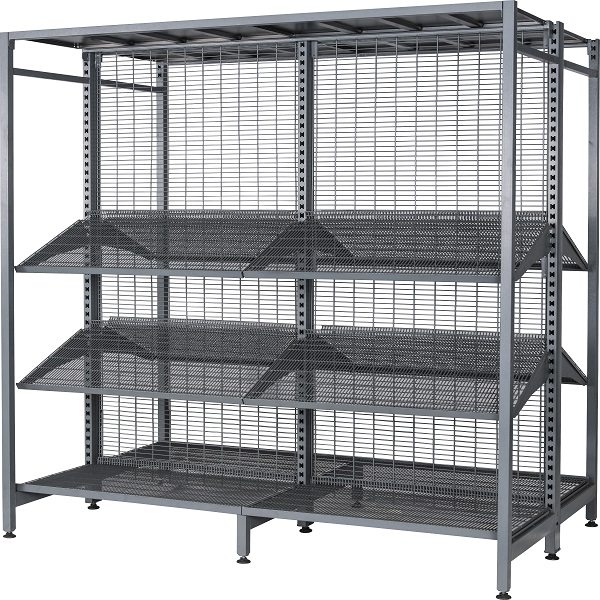13 Years Manufacturer Fitting room with shelving for Sudan Manufacturer
Short Description:
Suzhou Innovative Store Equipment Co., Ltd – Manufacturing of shelf systems for shop fittings ( hypermarket shelving, integrated display shelving, shop shelving, retail shelving, display shelving, storage shelving, warehouse shelving ) was started in the 1989’s. Because of improvement in products quality and achievement of compatibility with another used shelf systems, production strongly expanded both in total output and quantity of manufactured components parts. We are willing to offer you ...
13 Years Manufacturer Fitting room with shelving for Sudan Manufacturer Detail:
Suzhou Innovative Store Equipment Co., Ltd – Manufacturing of shelf systems for shop fittings ( hypermarket shelving, integrated display shelving, shop shelving, retail shelving, display shelving, storage shelving, warehouse shelving ) was started in the 1989’s. Because of improvement in products quality and achievement of compatibility with another used shelf systems, production strongly expanded both in total output and quantity of manufactured components parts.
We are willing to offer you a solution for any problem in the area of shopfitting. We can offer both our standard products and products meeting your specific requirements.
Everything will be delivered in perfect shape and high quality.
Advantage
- Designed to conserve warehouse and display space
- Industry’s most competitively priced units
- Designed to get attention and give maximum display space
More option
Use our optional parts and accessories to create a unique point-of-purchase units.
Peg hooks | Light box | Side panel
What we can offer:
- System solution for any kind of shop centers
- High flexibility
- Simplicity and favourable price
- High quality
- Development and design according to requirements of clients
Product detail pictures:
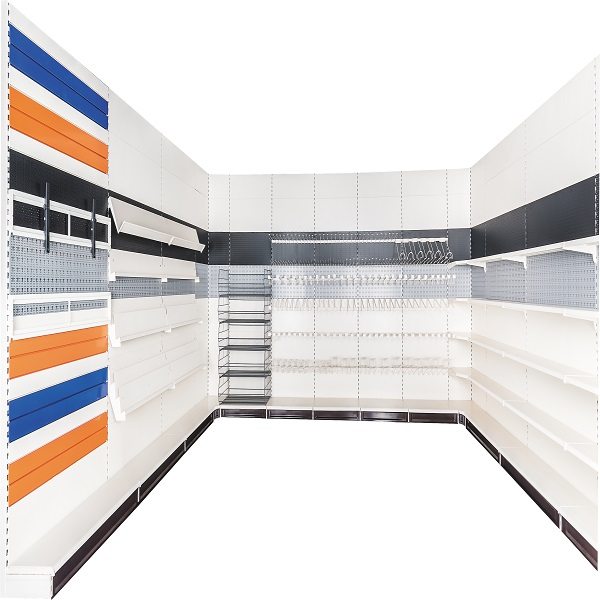
Related Product Guide:
Ideas for Recessed Room Shelves
Wire Shelving: A Do It Yourself Space Saving Solution
13 Years Manufacturer Fitting room with shelving for Sudan Manufacturer, The product will supply to all over the world, such as: , , ,
